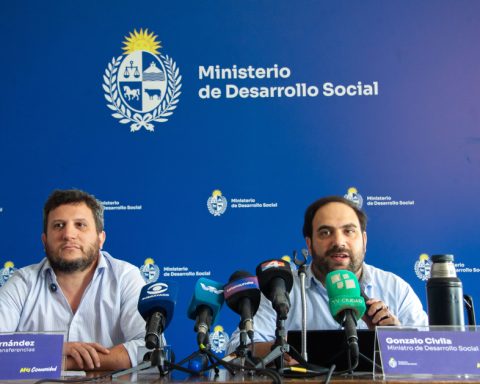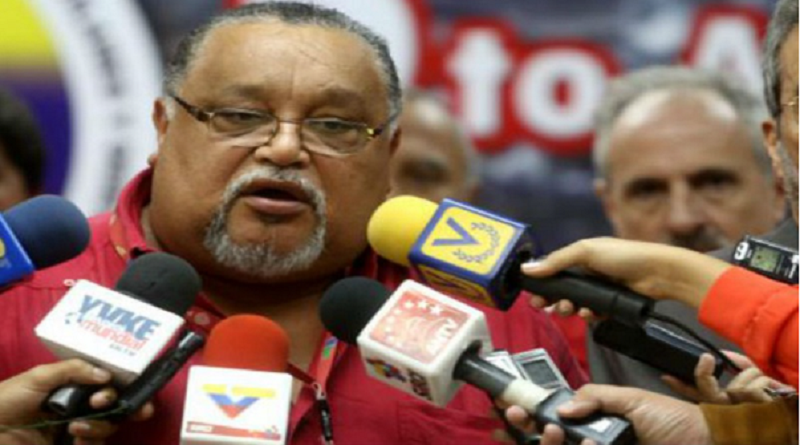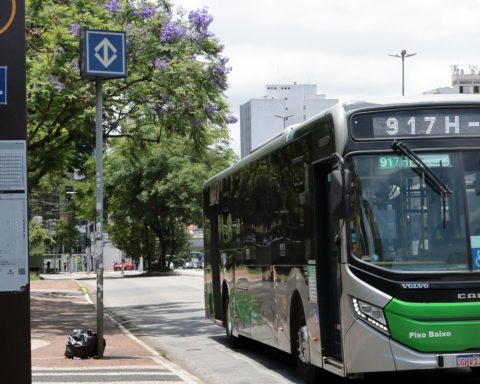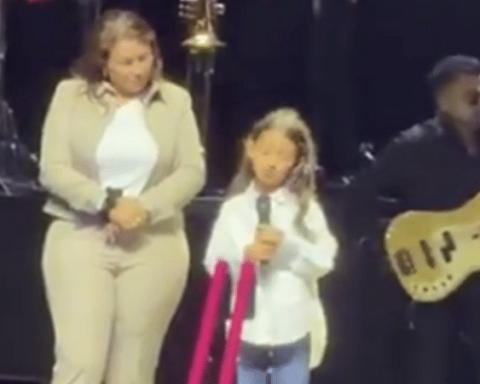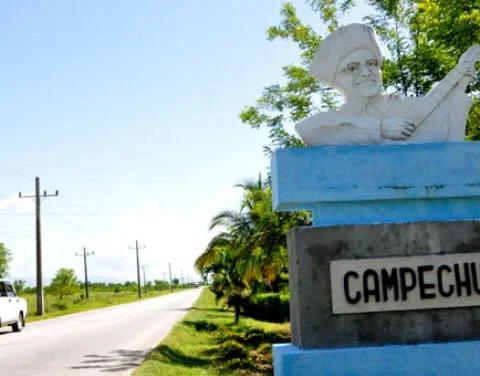In our country, 75% of those surveyed consider that in elections the votes are always counted correctly and in Chile, 60%.
Democracy, the weight of institutions and the trust of citizens at stake. How is the pulse of Latin America? The data from this survey and the tools used to apply it will be known in depth this Thursday, August 11 at 7:00 p.m., when new public opinion studies are presented at the event “Uruguay and the region under the eyes of citizens”
Organized by the Konrad Adenauer Foundation, the Latin American Public Opinion Project (Lapop Lab) and the Laboratory of Public Opinion and Social Networks (LOPReS) of the Catholic University of Uruguay (UCU), its main speakers will be Fernanda Boidi (Lapop Lab) and Rosario Queirolo and Juan Bogliaccini from the LOPReS of the UCU.
In this survey, democracy and corruption were the most investigated and addressed topics. The research concludes that perceptions of corruption have increased in all Latin American countries, and among the most relevant data expressed in the report is that Uruguay and Chile are the countries with the strongest democracies.
In our country, 75% of those surveyed believe that votes are always counted correctly in elections, and in Chile, 60% of those surveyed believe that the recount is always done correctly.
In this sense, the worst perception is that of Colombians, since 31% of those surveyed believe that they are never counted correctly.
In dialogue with Montevideo Portal, The doctor in political science, Fernanda Boidi, explained that the activity this coming Thursday is designed as a conversation with open participation: “The idea is to be able to share the data and resources that we have so that people can use them when they need them and they remain available on the page Vanderbilt”.
Boidi, Uruguayan and member of the Lapop Lab (“a scientific laboratory that conducts high-quality public opinion polls, in the orbit of a research center housed at Vandervit University, in Nashville, Tennessee, in the United States”) explained that these results “come out of a report from the 2020-21 AmericasBarometer Survey Round (Lapop Lab’s flagship study).” “Together with the UCU, in addition to sharing the results of the survey, we are going to talk about the reports that are online, the databases that can be downloaded and the Data Playground, which is an interactive platform for data analysis. “, said.
best in class
“The novelty for this round is that there is no news that Uruguay continues to be among the best in the class – usually being the best in the class – in relation to all democratic indicators”Boidi said.
The survey inquires about satisfaction and support for democracy in each country, with the following instructions and questions:
Democracy may have problems, but it is better than any other form of government. To what extent do you agree or disagree with this statement: Please give me a number between 1 and 7. The scale goes from 1 (not at all) to 7 (a lot)
In general, would you say that you are very satisfied, satisfied, dissatisfied or very dissatisfied with the way democracy works in (country)?
(1) Very satisfied (2) Satisfied (3) Dissatisfied (4) Very dissatisfied
The final results of the survey indicate that “in most countries support for democracy is greater than satisfaction”. In other words, there are still more people who say: “the truth is that it is not working in the best way, but anyway it is still the best system”. “The issue is that when you have very long periods of many people dissatisfied with democracy, the next step is to question whether that is the system that we should give ourselves or not,” affirms Boidi, and concludes in this regard that this tension —between satisfaction and support— accounts for “a precarious balance” that “in any case, is still an encouraging figure in the face of a more or less negative outlook for the region”.
Voters and elections
Another of the favorable data in the results of the Uruguayan survey speaks of the good quality of its electoral acts: “We ask people, for example, if they believe that the rich can buy elections, if foreign governments can influence elections or if they believe that the votes are not counted correctly, and the truth is that in Uruguay the positive values take off from the rest of the continent”, said the political scientist.
“In general, Uruguay and Chile, and —to a lesser extent— Argentina are the countries that have the highest democratic values. Uruguay, moreover, is always at the top. Which does not mean that during 2020-21 he has not perceived problems. People identify that the pandemic was a very serious problem and that the economy worsened, but not at the level of other countries like Argentina, where 23% of the people were willing to tolerate an executive coup in the face of a situation like that of the pandemic. In Uruguay these things do not happen, democratic values are very strong, even in the face of adverse scenarios, such as high corruption or a health crisis.”
Democracy, income and freedom of expression
Boidi highlighted other data from the report, such as those referring to the preferences of those surveyed, given the dilemma of choosing between a democratic government and other scenarios that appear favorable.
“We tried to measure whether people preferred to give up political rights and freedoms. And then we ask: ‘What do you prefer? Have a guaranteed basic income and guaranteed minimum services even if there are no elections, or always be able to vote to elect the authorities even if you can’t count on that basic income?’ In many countries the majority of the people left for basic income and services even if there are no elections. The only countries where less than half chose that option were Haiti, Nicaragua, Argentina and Uruguay. Biodi said.
Similarly, the respondents were also asked: “What do you prefer? Income and basic services even if there is no freedom of expression, or the opposite? And there are much fewer people who keep the income and services. That is, it is less willing to give up freedom of expression than to give up elections, ”he added.
“That has to do with the fact that in general, on the continent, people do not see that elections are transparent, or even, being more or less decent, that they are a means to change their living conditions. They do not consider it a basic element to change the status quowhile freedom of expression is assigned a much higher value”.
Ecuador is at the top of this list with 65% of respondents choosing income over elections, while Jamaica, Guyana, Costa Rica, Brazil, Panama and Paraguay add at least 60% in favor of income, before democracy.
Corruption
The region’s general perception of corruption in the political system remains unchanged from previous surveys, according to Biodi.
“The belief that more than half of the politicians are corrupt in Peru reaches 88%. In Uruguay it is 34%. Then you jump to Guyana with 42% and in any other country the number is over 50%. Uruguay, also in this survey, remains among the lowest”he concluded.
“Uruguay and the region under the eyes of citizens”. The event will take place this Thursday 11 at 7 pm in Espacio Teluria (Cuareim 1359, corner 18 de Julio) with free admission.
Montevideo Portal
Montevideo, 2019. Photo: Gastón Britos / FocoUy





